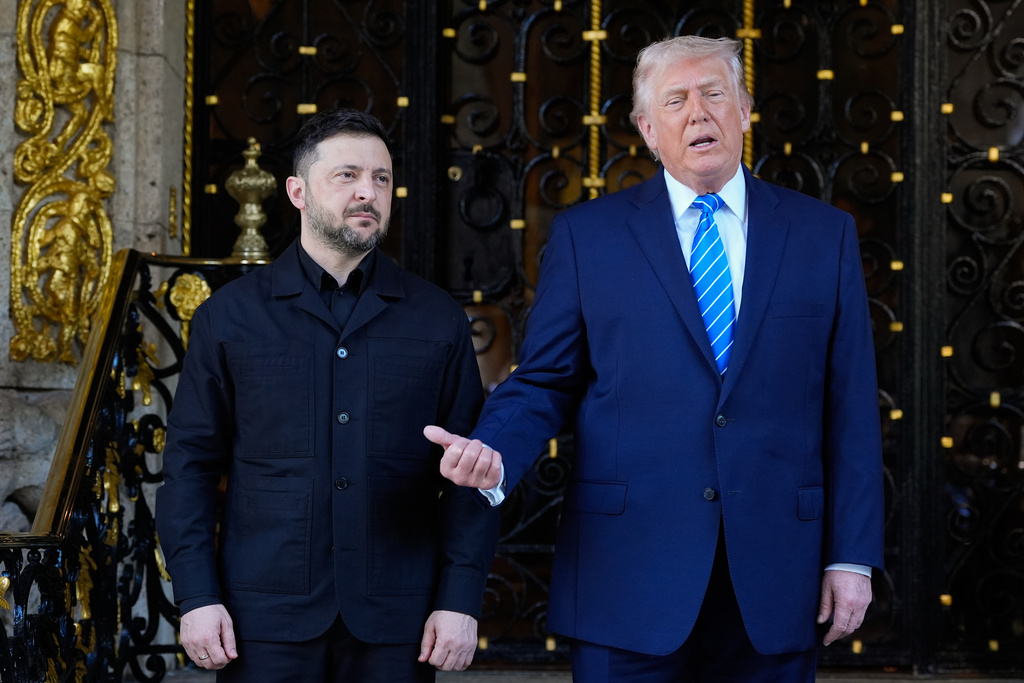It's been a busy year for Ukraine -- in the spring a violent revolution overthrew its government, and in the summer a surprise Russian invasion sparked an international crisis.
But now it's fall, and on Sunday Ukrainians will elect their first parliament since the dramatic upheavals that deposed a President and redrew the borders of the former Soviet state.
The elections are important — a writer for Radio Free Europe called them "the most critical juncture in [the] country's modern history."
But there's a lot at stake here — including the future of the country, whether it will embrace the pro-Europe leadership of current President Petro Poroshenko, or go in a different direction.
So far, President Poroshenko's vision seems to be winning — the Kyiv Post reports Poroshenko's bloc is set to win 30 percent of the vote, enough for a governing plurality in a fragmented parliamentary democracy like Ukraine.
The BBC reports that most Ukrainians agree with Poroshenko about European integration and are tired of Russian bullying: "Where should Ukraine look?" "West, of course. Not east. We've had more than enough of looking east."
But Poroshenko, a businessman who made billions in the candy industry, has been criticized for his cozy relationship with the oligarchs who have traditionally dominated Ukraine's politics. (Video via Deutsche Welle)
And if there's anything certain about Ukraine's next parliament, it's that it won't be traditional: The Financial Times reports that its new members will include war heroes from Crimea and the youth leaders of the Maidan Square revolution.
But what is the key issue here? Some believe it's Ukraine's posture toward Russia, but not everyone is convinced.
The Economist argues the election is important because Ukraine is overrun by corruption and needs to grow the economy, which shrunk by 10 percent in 2014.
Corruption is a concern for voters too. It was a big reason why the current parliament passed its first anti-corruption law in October. (Video via Euronews)
Of course, in parts of Ukraine that are still controlled by Russia, there's no election happening at all: "Separatists have vowed to ignore the elections and have scheduled their own local elections for early November."
The separatists also announced its tenuous ceasefire with Ukraine was over, an act that might further undermine their elections.
This video includes images from Getty Images.










